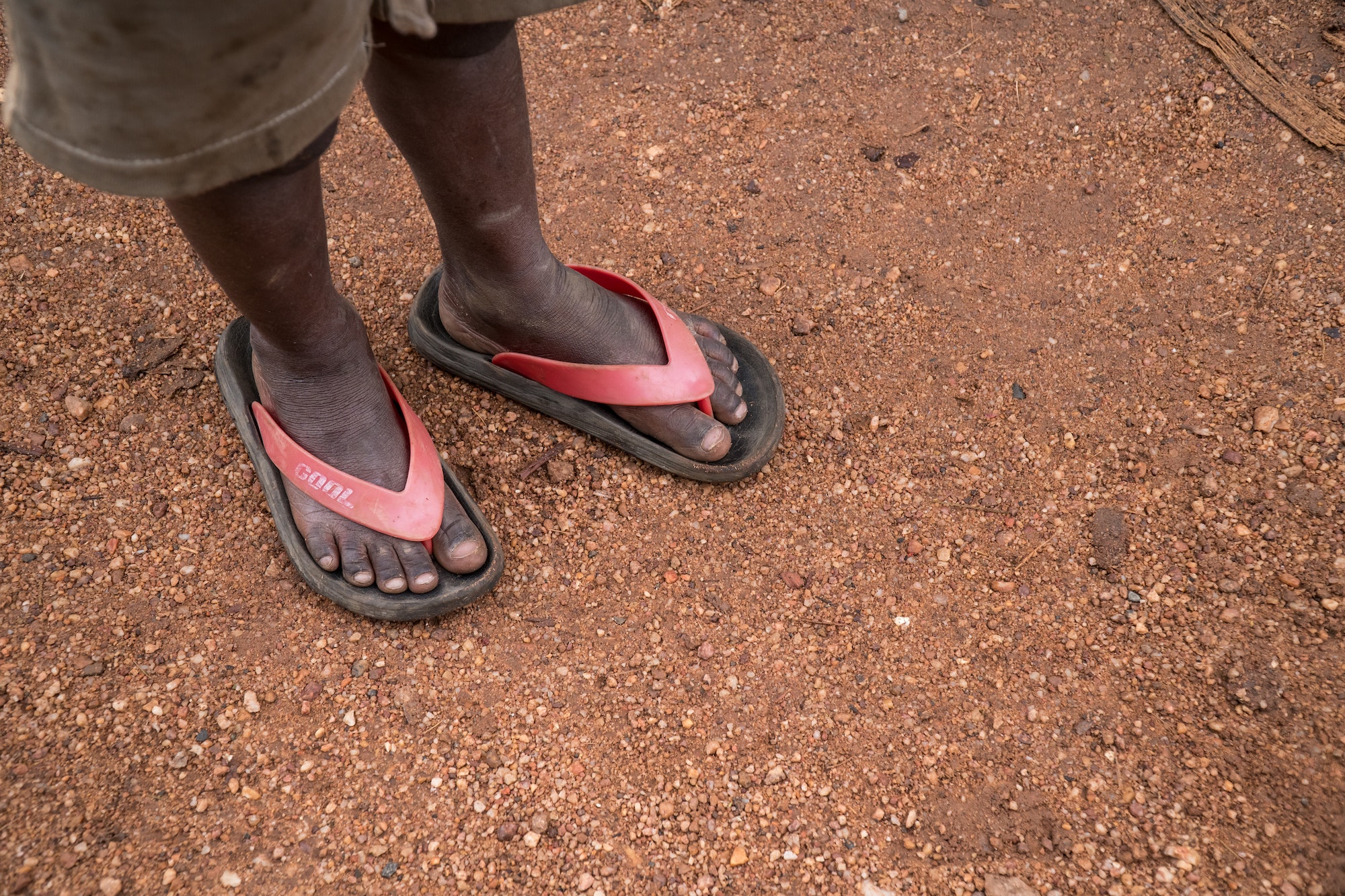Social support is an important aspect of mental health and well-being. It refers to the emotional, informational, and practical assistance that people provide to one another. Research has shown that social support can have a positive impact on mental health, and can help individuals to cope with stress, prevent mental health problems, and promote recovery. Here are a few ways in which social support can benefit mental health:
Reducing stress
Having social support can help to reduce stress by providing a sense of belonging and validation.
Improving mood
Social support can help to improve mood by providing a sense of connection and belonging.
Enhancing self-esteem
Social support can help to boost self-esteem by providing a sense of validation and acceptance.
Providing a sense of perspective
Having people to talk to can provide a different perspective on situations and can help to reduce feelings of isolation.
Helping with problem-solving
Social support can help individuals to find solutions to problems and make important decisions.
Helping with coping strategies
Social support can help individuals to learn new coping strategies and develop resilience.
Helping with recovery
Social support can help individuals to recover from mental health problems and prevent future problems.
It’s important to note that social support can come from a variety of sources, such as family, friends, support groups, and mental health professionals. It’s also important to remember that social support is not a one-time event, it’s an ongoing process that requires effort and commitment from both the person receiving support and the person providing support.
Overall, social support is an important aspect of mental health and well-being. It can help to reduce stress, improve mood, and promote recovery. Building and maintaining social support is an important part of taking care of our mental health.










